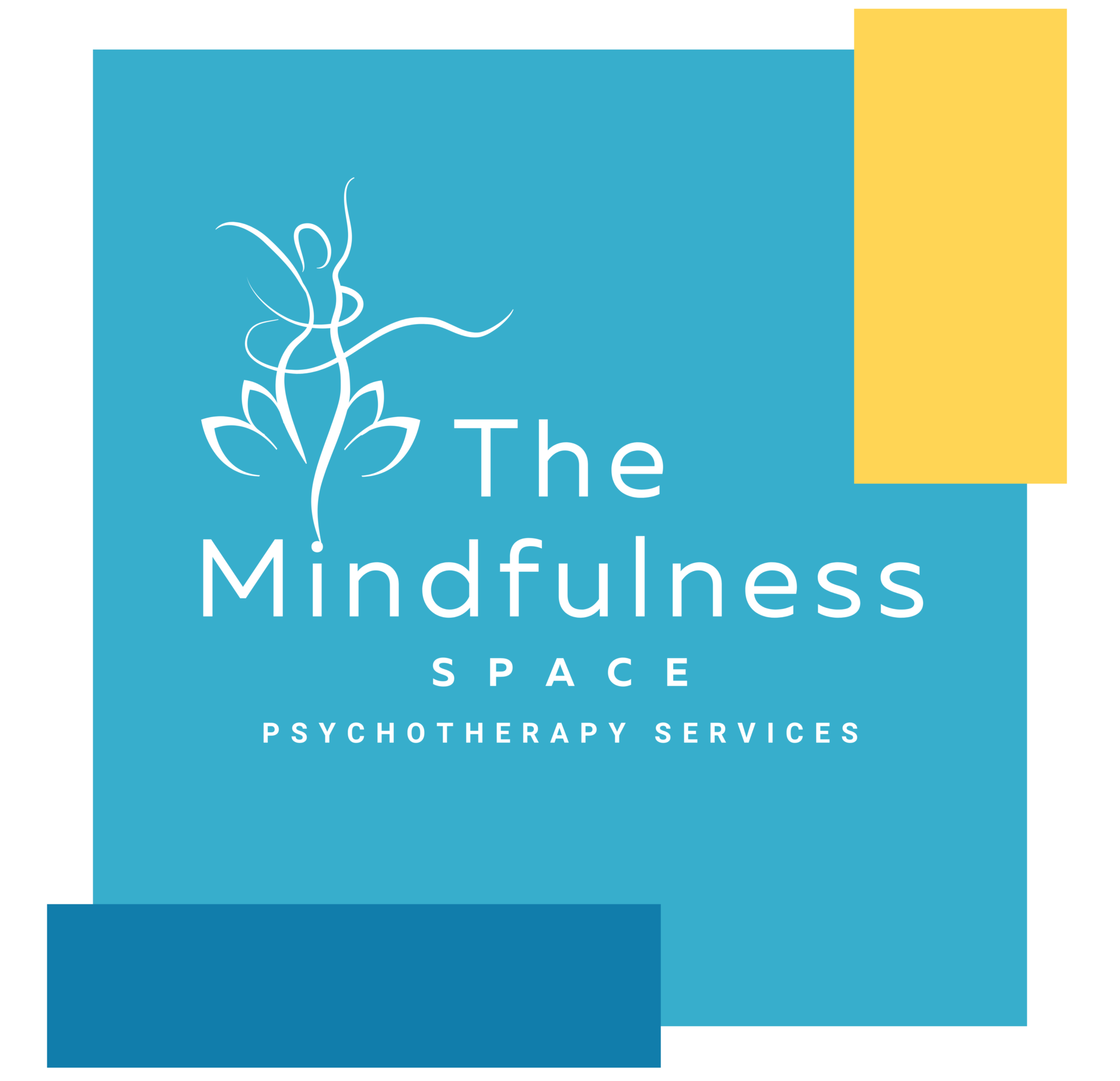Listen—finding the right treatment options for an eating disorder can feel overwhelming, and in my experience as a therapist, many clients are often unsure of which direction to take. With so many options, from outpatient therapy to intensive inpatient treatment, it can feel quite confusing to determine just where to start, or what level of support is right for you. But don’t worry—you’re not alone!
Understanding your options is the first step to getting the help you need. Let’s take a quick look at the different levels of care so that you can feel more confident and informed throughout your eating disorder recovery.
Outpatient Therapy
Outpatient psychotherapy is ideal for individuals with mild to moderate symptoms that are somewhat disruptive to daily life, but can be managed independently with ongoing support. Symptoms at this level of care may include occasional binge or restrictive eating behaviors, as well as mild to moderate preoccupation with thoughts about weight or body image.
Clients who benefit from this level of care typically experience some distress around food but are not

facing symptoms that pose immediate medical or health-related risks. They can often function well in their day-to-day lives, including maintaining work, school, or social activities, and have a strong support system.
Regular outpatient psychotherapy sessions usually occur once or twice a week and are focused on helping the client develop and maintain healthier coping mechanisms and skills to manage eating disorder behaviors and symptoms in the least restrictive setting.
Outpatient clinicians frequently collaborate with a client’s primary care physician, psychiatrist, dietitian, or other providers involved in the client’s care to ensure they receive the appropriate support needed to manage their symptoms.
What are the Benefits?
The benefits of outpatient therapy for eating disorders include engaging in treatment in a way that is less disruptive to the client’s daily life, while managing symptoms so they don’t worsen, thus reducing the need for future hospitalization or a higher level of care.
Intensive Outpatient Programs (IOP)
For individuals who need more structured support but do not require 24-hour care, Intensive Outpatient Programs (IOP) are a step up from outpatient care.
This level of care is best suited for individuals experiencing more frequent symptoms that interfere with daily life, but do not require hospitalization. The severity and frequency of symptoms also warrant more intensive therapy and nutritional counseling to address the underlying factors contributing to the disordered eating behaviors.
Clients in IOP receive treatment 3 to 5 days a week for at least 3 hours per day, including individual and group psychotherapy and nutritional counseling.
IOP clinicians also collaborate with clients’ other healthcare providers to ensure proper coordination of care.
What are the Benefits?
The benefits of IOP are that clients can remain engaged in school or work while participating in higher level treatment; however, this level of care can be slightly more disruptive to an individual’s daily life.
Residential (RES) Care
Residential (RES) care is most appropriate for individuals who will benefit from structured, contained, and specialized treatment within a 24/7 psychiatric facility with daily access to medical staff, including psychiatric visits at least twice per week. This level of care also includes intensive psychotherapy services, such as individual, group, and family therapy, as well as ongoing nutritional counseling and supervision around meals.
What are the Benefits?
While this level of care is more restrictive, it is often necessary for individuals who are currently displaying severe eating disorder symptoms with high risks of developing dangerous medical complications.
Partial Hospitalization/Intensive Day Program (PHP/IDP)
Partial Hospitalization or Intensive Day Programs (PHP/IDP) are designed for individuals with moderately-severe to severe symptoms who need significantly more daily support, including medical support, but not necessarily 24-hour, around-the-clock inpatient care.
These programs are beneficial for patients who need intensive skills training within a structured environment and who are able to maintain medication compliance. They provide 6-10 hours of care per day, 7 days a week, with a combination of psychiatric care 2-3 times weekly, as well as intensive individual and family psychotherapy sessions along with nutritional counseling to support patients with managing meals.
What are the Benefits?
PHP and IDPs allow patients to receive more comprehensive care while returning home or to a nearby supported environment during evening hours. Many facilities also provide lodging and housing accommodations located close to the facility for the patient’s and their family’s convenience.
Inpatient (IP/IHP) Hospital Care
Inpatient (IHP) Care is appropriate for individuals with severe symptoms requiring round-the-clock monitoring and support in a medical setting. This level of care is suitable for patients with high-acuity medical presentations, such as life-threatening malnutrition that requires medically supervised refeeding, severe dehydration, or cardiac complications.
Behavioral symptoms might include severe and continuous bingeing and purging behaviors, severe restrictive eating patterns with significant weight loss, or the presence of co-morbid psychiatric symptoms like severe depression, anxiety, or suicidal ideation that require immediate stabilization with medications. Patients also need support and supervision with all meals and snacks, medical monitoring, and intensive therapy throughout the day.
Inpatient Intensive Treatment Unit (ITU)
The Inpatient Intensive Treatment Unit (ITU) is the most intensive level of care and is appropriate for individuals with complex psychiatric and medical needs related to their eating disorder diagnosis who require immediate stabilization. Symptoms at this level of care often include severe physical complications such as dangerously low weight, cardiac or gastrointestinal issues, acute suicidal ideation, or other life-threatening psychiatric concerns that require immediate stabilization with medication.
Patients might also have severe comorbid conditions, such as substance use disorders or self-harm behaviors, alongside their eating disorder. ITU offers 24-hour specialized medical and psychiatric support, including intensive diagnostic, nutritional, and behavioral assessments.
What are the Benefits?
The overall benefits of these higher levels of care are to stabilize patients with more severe symptoms quickly, so they can step down to a less intensive level of care once their immediate medical and psychiatric needs have been addressed.
Need Support Navigating an Eating Disorder?
If you or someone you love is struggling with disordered eating behaviors or body image dissatisfaction, The Mindfulness Space in North Carolina is here to help!
We offer outpatient-level eating disorder treatment to address the underlying psychological factors that often contribute to or worsen their symptoms through psychotherapy services! We also provide a full comprehensive clinical assessment to determine the severity of your symptoms and help you to determine which level of care is best for you!
Stefanie Lawson is a licensed therapist with nearly a decade of clinical experience, and is the owner of The Mindfulness Space therapy in Greensboro, North Carolina. She specializes in treating underlying depression, anxiety, stress, unresolved trauma, and other mental health concerns that often lead to eating disorders and body image dissatisfaction, including Body Dysmorphic Disorder, in adults and transitional-aged teens.
The Mindfulness Space is an in-network provider with many insurance plans, including Cigna, Aetna, United Healthcare, United Behavioral Health, and Optum. Contact us today to learn more and schedule your free 30-minute consultation with us today!
Shop with The Mindfulness Space!
Every purchase goes towards helping The Mindfulness Space provide accessible therapy for clients!
More from the mindfulness space…
Am I Dating a Narcissist?
Take the Quiz Here!










